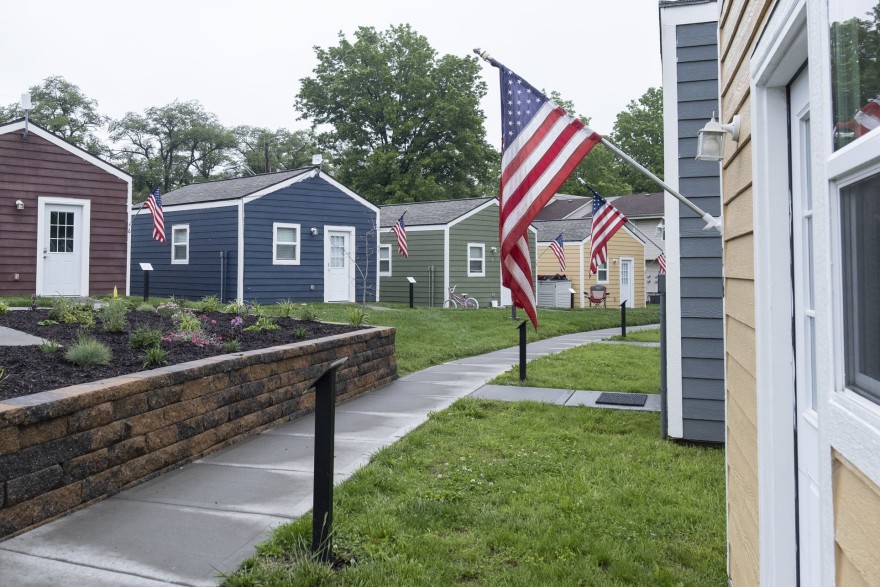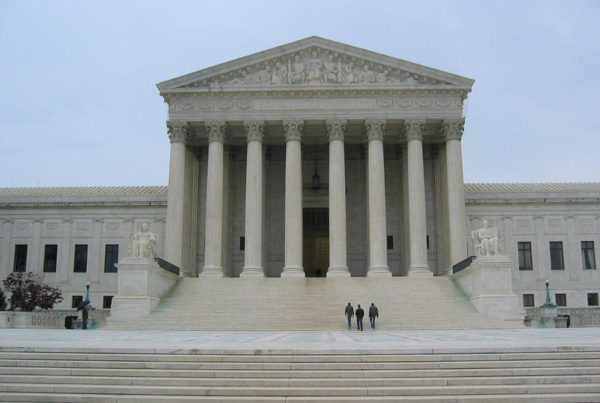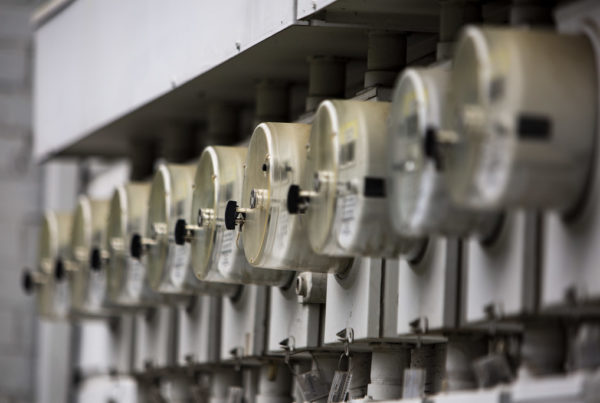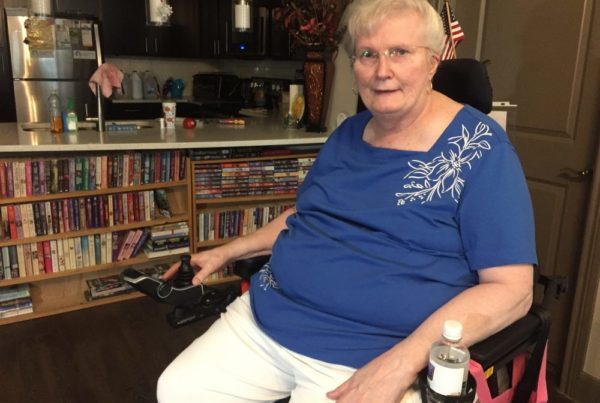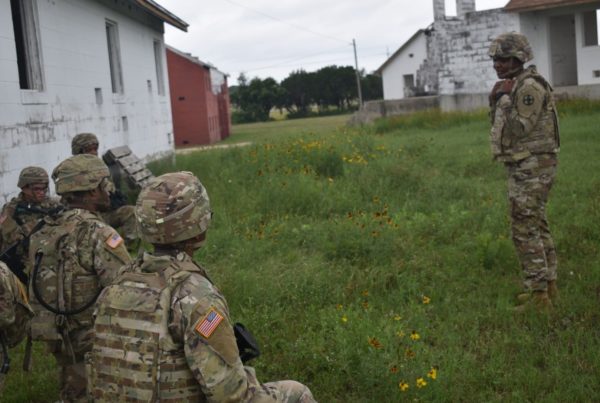From KERA:
The Canales family lost power the first night of the storm. By the next morning, their Hurst apartment felt like an icebox.
“Nothing was coming on and it was really starting to get cold,” Mario Canales recalled. “I could see everybody’s breath,” inside of the apartment.
Mario, his wife Carolyn and the three of their kids who live with them went in search of a hotel. They checked in, hunkered down and hoped the storm would pass.
Wednesday morning, two days later, Mario went back to the apartment to pick up some clean clothes. As he walked up to the second floor unit in the Bristols Apartments, he heard a strange noise.
“Pretty much as soon as I opened the door, all this water just came out,” he said.
In a video he posted on Facebook, water gushes sideways out from under the sink.
As he walks through the apartment, sloshing through standing water, the damage is just starting to dawn on him: It’s in the living room, bedroom, the bathroom and the hallway too. It’s saturating books and toys and boxes of their belongings.
“All I can do is just stand here and watch everything get ruined,” he said in the video between occasional curse words.
It was hot water, he said, and the steam condensed on walls and ceilings, and moistened some of the kids’ bedrooms upstairs.
Eventually, city workers had to come and shut off the water main.
The family stayed in the hotel until the weather began to warm, nervous about the mounting bill for the stay.
It had already been a really tough year. When the pandemic hit, Canales was furloughed and then laid off from the furniture store where he’d worked for 13 years.
He got COVID-19 over the summer, and still feels the lingering effects in his lungs.
Unemployment payments and driving for Uber have kept their heads above water, but it is a far cry from the stability of a full-time job with benefits. At times, Canales has rationed his medicine to make it last.
A Relocation
The Sunday after the storm, Canales and his wife Carolyn went back to the apartment to collect belongings and see what they could salvage.
Days after the flood, they found puddles underneath furniture and in the oven drawer. Cans in the pantry were beginning to rust. The food in the fridge was rotten. It smelled of mildew and mold, Canales said.
In another Facebook video, he surveyed the damage. “I don’t know what we’re going to do, guys,” he said. “There’s a lot going through my head. It’s hard.”
In the weeks that followed, Canales said the apartment management didn’t adequately clean up. He said mold in the apartment triggered asthma, and his daughter and wife broke out in hives.
The Bristols Apartments is managed by Dallas-based Wehner Multifamily. KERA reached out by phone and email to both the apartment complex office and the management company for comment, but neither agreed to an interview. An employee reached by phone said she was not authorized to speak on the record.
The City of Hurst code compliance department inspected the unit after the storm, and found it to be habitable. Charles Harness, who oversees the department’s multifamily division, said in an interview that mold had begun to grow on the family’s belongings, but he found that the apartment itself was otherwise sound.
Canales disagreed with that assessment. He said the family didn’t feel comfortable moving back in, and decided they needed to look for a new place to live.
After a month of living in the hotel, the Canales family moved into a new apartment in North Richland Hills.
The new place was bigger than their flooded apartment. Nicer, too, Canales said. The best thing about it was the layout: It was all on one floor. After a stroke, Canales says he only has one good leg — “and that one’s iffy,” he quipped. Stairs are dangerous.
But that big, new, one-story apartment was pretty empty: So little from their old home was salvageable.
“It still crushes you,” Mario said. “Yeah, you have a place, but you don’t have nothing.”
A $30-Per-Month Luxury
The Canales family had always kept rental insurance, but they cancelled it after he lost his job. They needed the money from the $30-a-month premium to cover rent and other bills.
That meant when the flood destroyed furniture, books and toys, they didn’t have insurance money to replace them.
This is a situation many families found themselves facing after the winter storm, according to Samanda Gronstal, who oversees anti-poverty programs for the Community Council of Greater Dallas.
It’s a pattern that plays out across natural disasters: Financial instability often leaves people more vulnerable to ruinous weather events, and makes it harder to recover. Which affects their ability to work and stay healthy, which further compounds financial instability.
“These are the people who were living paycheck to paycheck. They were already on the edge, and [the storm] just made it worse,” she said.
Many of the low-income clients she works with don’t even know about renter’s insurance, Gronstal said. For those who do, the relatively small cost is a luxury they can’t afford.
Immediate needs like shelter and food have to come first, and there’s often nothing left for insurance to guard against a possible future catastrophe, she said.
“It makes sense for people to be like, ‘Whoa, why would I spend an extra $30 that could be used for groceries, or gas, if I still have to go to work every day?’” Gronstal said.
‘When’s The Other Shoe Going To Drop?’
FEMA helped the family pay their hotel bill, but Canales said they’ve been unable to get other disaster relief for people impacted by the storm.
The biggest help really came from their community. Friends set up a GoFundMe account. Catholic Charities helped pay for medicine and groceries. A whole host of people donated furnishings.
“Just little by little, a sofa and a love seat show up. Some end tables some lamps show up,” Canales said.


